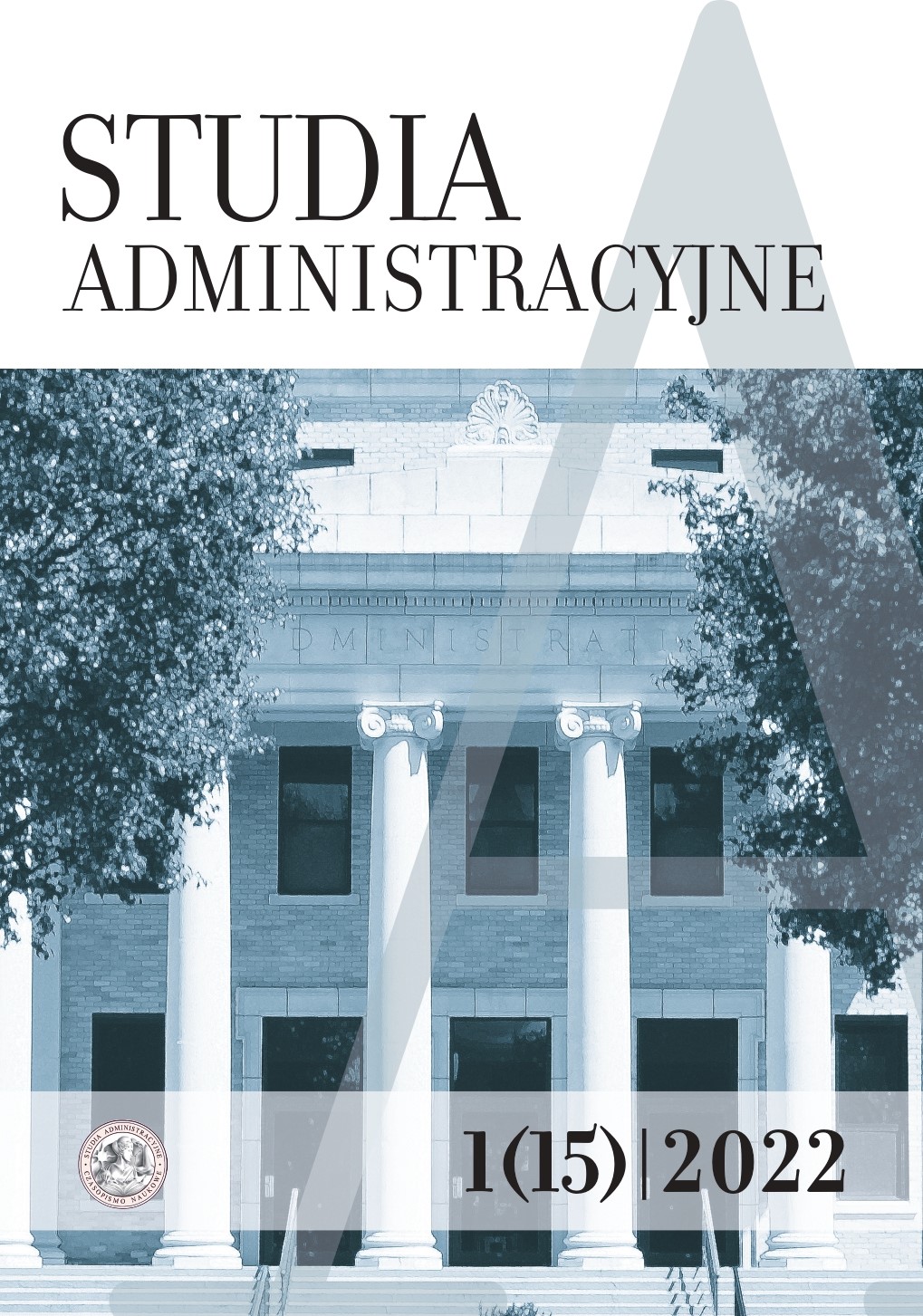Następstwo prawne w świetle ustawy z dnia 20 lipca 2018 roku o przekształceniu prawa użytkowania wieczystego gruntów zabudowanych na cele mieszkaniowe w prawo własności tych gruntów
The issue of legal succession in the light of the Regulation from 20th July 2018 on Transformation the Right of Perpetual Usufruct of Built-Up Area for residential purposes into Ownership Title of such area
Author(s): Marek StaweckiSubject(s): Law, Constitution, Jurisprudence, Civil Law, Administrative Law
Published by: Wydawnictwo Naukowe Uniwersytetu Szczecińskiego
Keywords: legal succession; perpetual usufruct; transformation; perpetual usufruct fees; enfranchisement
Summary/Abstract: The Regulation from 20th July 2018 on Transformation the Right of Perpetual Usufruct of built-up land for residential purposes into Ownership Title came into force on 5th October 2018 (Journal of Law 2020 it.139 with further amendments). This regulation evoked numerous doubts that appeared in practice. Pursuant to assumption of the legislator this transformation supposed to be a paid service. However, a few exceptions to the above law were provided for i.e. relating to natural persons or their heirs in case when they paid an annual one-off payment for the whole period of perpetual usufruct. A personal nature of this entitlement justifies its rationing exclusively to natural persons who acquired both rights and obligations of their predecessor. The above entitlement is closely related to the way (mode) in which a perpetual user acquired a perpetual usufruct right. This means that not every case of a legal succession entitles to acquiring a real estate on preferential principles (i.e. free of charge) and only this case related to a hereditable succession. The purpose of my article is to prove that in case of legal successors there is no grounds for limitation (on a legal analogy basis) to free-of charge transformation only to the successors under a general title (i.e. heirs), excluding the acquirers of a perpetual usufruct right on a contract basis. The manifestation of a legislator’s will was granting privileges to the persons towards whom minimising the encumbrance resulted from a nature of the transformation (a paid service) would be justified. However, the above came into force with ‘a detriment’ for a specific category of entities. This problem is the consequence of a highly complex character of the transformation matter with regards to its legal effects, ambiguity of regulations, and above all, it is related to the fact that a legislator seems not to notice relevant issues connected to the above matter. In this article I analyse and evaluate the latest legislative changes as well as present the review of the attempts to liquidate a perpetual usufruct leading to transforming this right into a ownership title. The research method applied for the purpose of this article is the analysis of current laws and regulations as well as selected judicial decisions.
Journal: Studia Administracyjne
- Issue Year: 2022
- Issue No: 15
- Page Range: 17-29
- Page Count: 13
- Language: Polish

